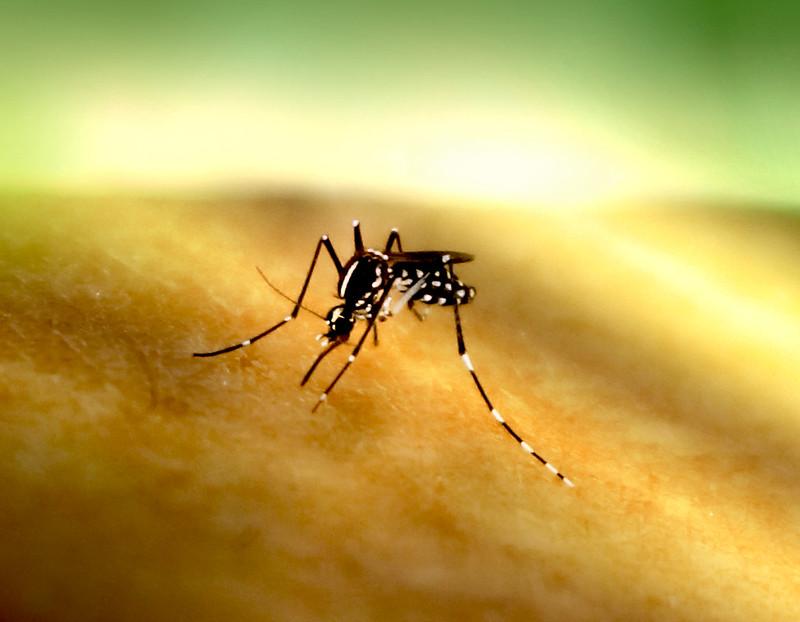
A dengue outbreak that has sickened at least 549 Puerto Ricans so far this year—most in the capital city, San Juan—has caused public health officials in the territory to declare a public health emergency, according to media reports.
The territory last declared an emergency owing to dengue in 2012.
So far this year more than 340 people have been hospitalized and 549 sickened with the debilitating mosquito-borne disease. In all of 2023, 1,293 cases were reported, a total likely to be surpassed in the first half of 2024.
Weather patterns, climate change play a role
According to the Associated Press, higher rainfall and high humidity have contributed to the rise in cases and provided ample breeding grounds for the mosquitos that spread the disease.
According to the World Health Organization (WHO), nearly 80% of the world's 5 million dengue cases reported annually occur in the Western Hemisphere, with South and Central America most greatly affected. Dengue can cause headaches, fever, vomiting, and rash, and in very severe cases death.
Last year saw the highest recorded numbers of the viral illness in the Americas and Caribbean, with more than 4 million cases recorded and 2,000 deaths. Climate change and increasing temperatures have been linked to the ongoing outbreaks. Experts say warmer temperatures allow for broadening of mosquito habitat.
"These infections are a symptom of some big underlying trends happening in the world," said Jeremy Farrar, MD, WHO chief scientist, said in an interview late last year on the 2023 dengue totals.












